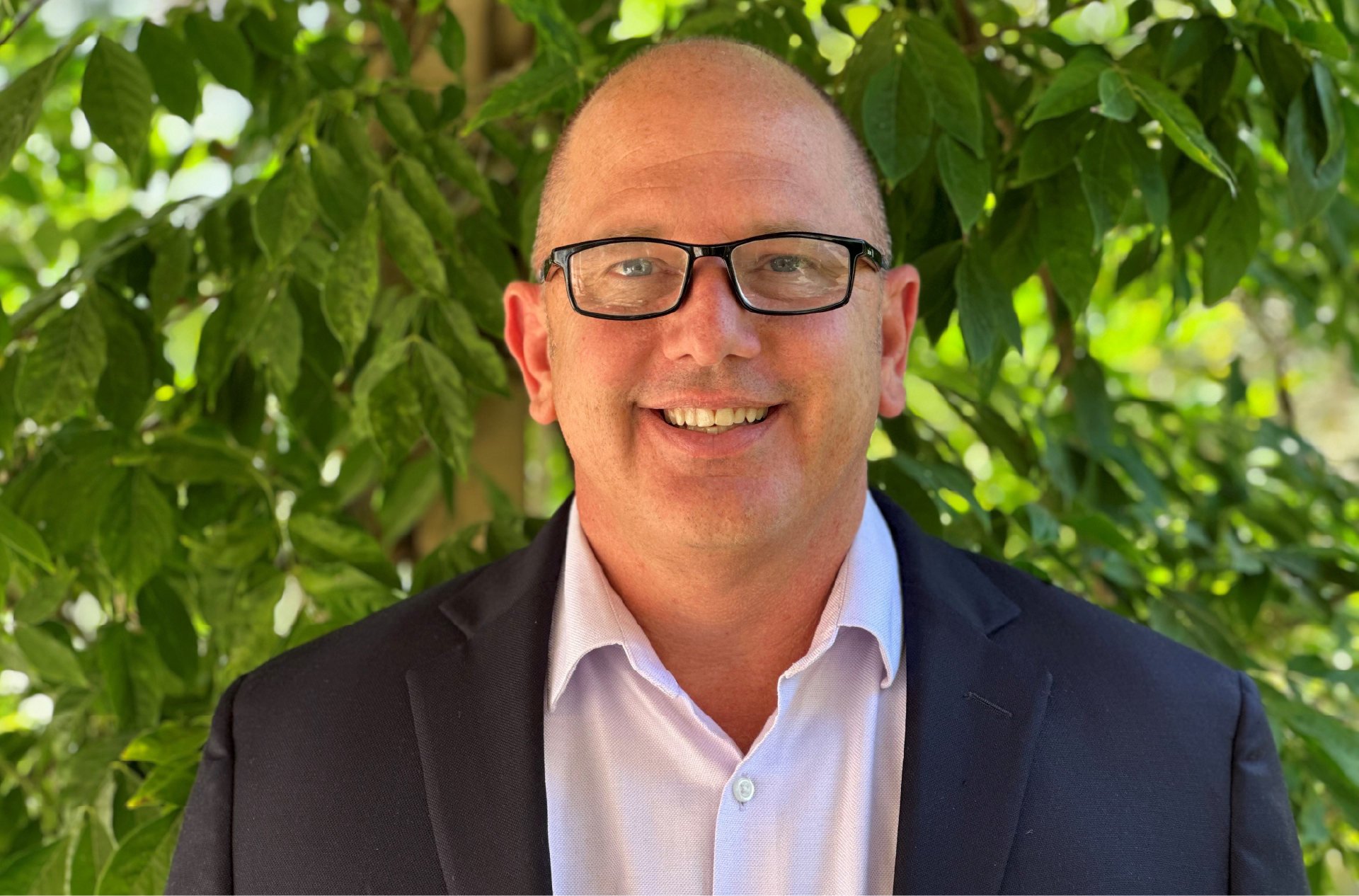Chad Geringer recently joined biomodal as our Director of Sales and Business Development for North America.
We caught up with Chad to learn about his love for molecular biology, his scientific background in genomics, and what excites him about the field of epigenetics.
We also asked him about the challenges the field is facing and how simultaneous interrogation of genetic and epigenetic sequences could help overcome them.
1. Tell us about you and what excites you about the field.
At my core, I’m a scientist. I fell in love with molecular biology and genetics in college and ultimately pursued graduate studies in medical & molecular genetics. Genomics technologies & applications of genomics across a wide variety of research areas is a passion that has stuck with me for the last 25 years.
Initially as a scientist, in the R&D labs of a large pharmaceutical company, is where I applied various genomics technologies to problems spanning drug discovery and development. I then transitioned the commercial side of science with genomics tools companies in multiple roles within service/support, sales/sales leadership and business development.
I feel very fortunate that I’ve been able to work with many scientists, in both academics & industry, throughout the world by consulting with them on how to employ novel genomics technologies to solve their research or clinical questions.
Moreover, their work and contributions in basic research, medicine, agriculture, and beyond continue to inspire me every day.
2. What excited you most when joining biomodal?
At this stage in my career, the most important aspect of my day-to-day begins with the people I work with and the company culture.
I knew from the board members to the CEO, to my boss who the people were at biomodal and their mission and vision.
I’ve worked in the industry with many of them, including Scientific Advisory Board member Omead Ostadan, Head of Global Business Development and Customer Solutions Jennifer Stone, and CEO Peter Fromen to name a few.
Additionally, I am attracted to novel genomics technologies that simplify existing methods. Moreover, believe that methylation (and other epigenetics mechanisms) are still both understudied and perhaps under-appreciated given its dynamism.
I think that this is a growing field that lacks a simplified solution to obtain both highly accurate and quantitative genetic and epigenetic information, with a low amount, and less than optimal quality, of input DNA.
3. What are the biggest challenges or barriers facing clinicians and scientists, and how could simultaneous multiomic interrogation of samples overcome them?
In my opinion, some of the biggest remaining technical challenges with genomics begin with library prep and end with time-consuming and complex data analysis. There are some commercially available kits and software but none that pull together and simplify the entire solution in a unified workflow.
Scientists are often forced to cobble together home-brew kits and spend time developing algorithms and software for analysis that take time and resources away from the real goal of answering biological questions or diagnosing disease.
Moreover, scientists & clinicians are working with precious samples that are both limiting and of suboptimal quality so they may be forced to compromise what assay they may run and only be able to generate a single data type.
duet multiomics helps them get reproducible and highly accurate data, analysed with our pipeline/software, from these challenging samples within a single streamlined workflow. Our single workflow approach for simultaneously obtaining both genetic and epigenetic data eliminates variability and optimises both laboratory and informatics resources.
If you’re based in North America, and you’d like to learn more about duet multiomics solution +modC and how it could transform your research, reach out to Chad.

